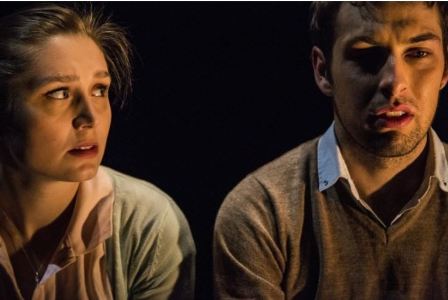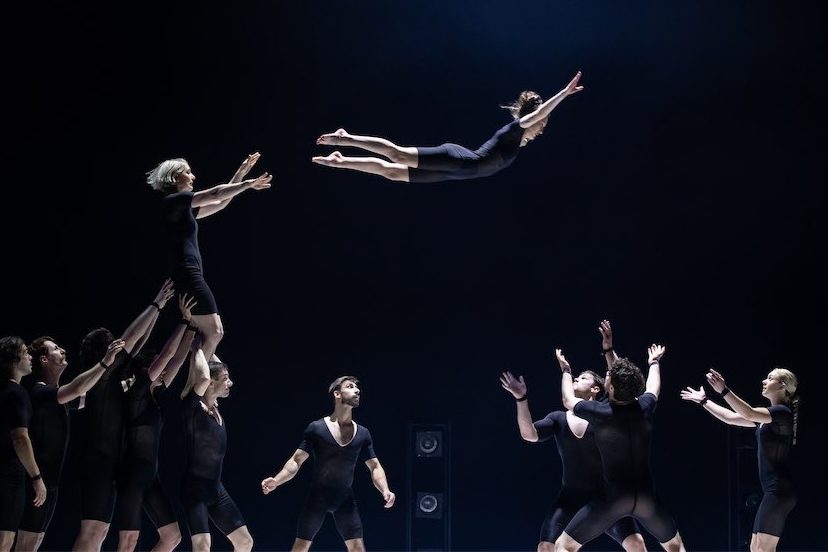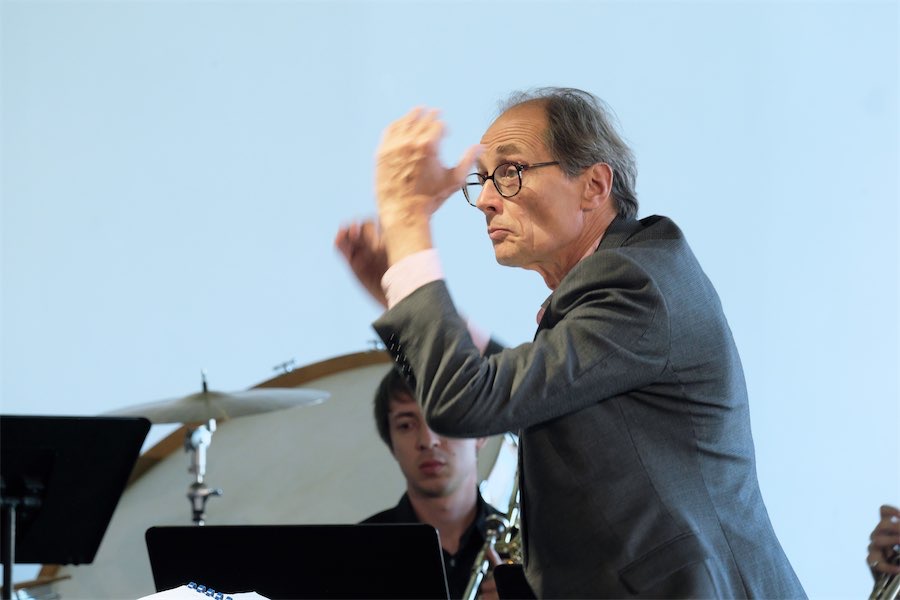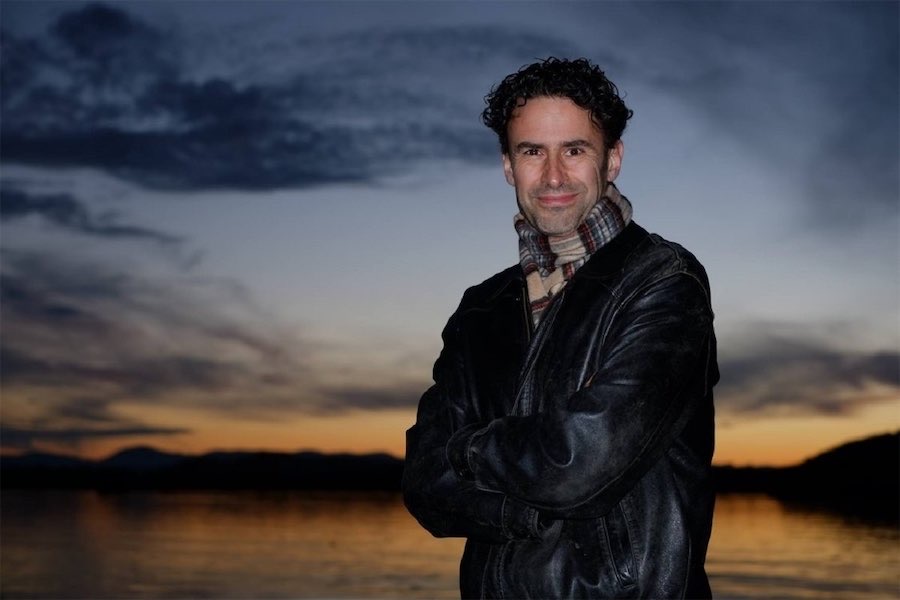
If you like drama that makes you very angry – “The Crucible” comes to mind – then don’t miss this new play, part of The Street’s “Made in Canberra” season.
In a snazzy production, easily his best, director Andrew Holmes drives the drama through a series of chronologically-labelled vignettes, interspersed with choruses.
In case you haven’t heard, Helen Machalias’ new play deals with on-campus rape (let’s not mince words and call it sexual harassment) in a prestigious co-educational Catholic college that bears a marked resemblance to all the posh colleges you’ve ever known or heard of.
The place reeks of privilege and entitlement, as the cultivated accents of the male students reveal, and in a stroke of brilliance, Machalias, who has done time as a campus resident and has obviously committed the college lingo to memory, contrasts that cultivation with the near-bestiality of the chants, performed by a chorus of students.
When you hear those chants, many of them to do with deflowering freshers, in the mouths of female students, it becomes doubly revolting.
Make no mistake about it, this is a highly verbal play, with an element of courtroom interrogation in some scenes, but it grips you. I predict that with a bit of tightening, this play has a future on stage.
At the centre of a drama are an articulate law student, Katy (Hannah Wood) and the charming college student president Mitch (Dylan Van Den Berg). That theirs is a poisoned love relationship is tacitly understood, though the full story does not emerge for some time.
Another main character is the academic head of college Dr Jillian Bryce, (an unfortunate choice of name, given the former role of a very famous Australian as head of the Women’s College at Sydney University) played with pursed lips and studied self-righteousness by Kate Blackhurst. She is a character that audiences will love to hate, but Machalias has invested her with sufficient depth that when she pleads with Katie, “it’s not all black and white,” you know she has a point.
Nonetheless, in concert with the university and college committees, it is Dr Bryce who is largely responsible for the cover-up on which the plot focuses.
Completing the quartet of protagonist/antagonists is Jana Abernach, the lesbian and presumably Jewish university sexual harassment officer, played with beautiful articulation by Catherine Crowley.
The play zips along at a cracking pace, as the chorus takes us through a college dinner, a “Tight ‘n’ White” party (that’s where girls dress up with the intention of getting their T-shirts wet and provocative) and other rituals to which some in the audience not been privy before seeing the play.
In the adversarial scenes as Katy endeavours to expose Mitch as a rapist, the audience reaction is likely to be pure rage, but Machalias can’t keep that up indefinitely, as her chief characters are all delineated in sufficient depth to raise many questions about their motivations. Katy, for instance, is revealed to be bulimic and also to have a particular reason for charging Mitch. He in turn, though obnoxiously smooth, is shown to have a heart.
This complexity augurs well for the future of Machalias, likely, in my view, to become a significant playwright, but it also creates dramaturgical problems, for in leaving no stone unturned – here’s almost an entire subplot in the conflict between Dr Bryce and Jana – she lengthens the play to an almost unbearable point.
And how do you end a sophisticated play like this? Not with a reassuring happy ending, I can tell you. Life goes on at St Joseph’s College.
And does it signify a broader malaise in Australian society that young women in its posh colleges are allowed to be treated the way they are without any responsible adults to act in loco parentis? We hope not.
By the end of the evening, part of the audience was protesting “it wasn’t like that when I was at college” and the other half was boasting smugly “thank God, I never went to college.”
Who can be trusted?
In a world of spin and confusion, there’s never been a more important time to support independent journalism in Canberra.
If you trust our work online and want to enforce the power of independent voices, I invite you to make a small contribution.
Every dollar of support is invested back into our journalism to help keep citynews.com.au strong and free.
Thank you,
Ian Meikle, editor




Leave a Reply